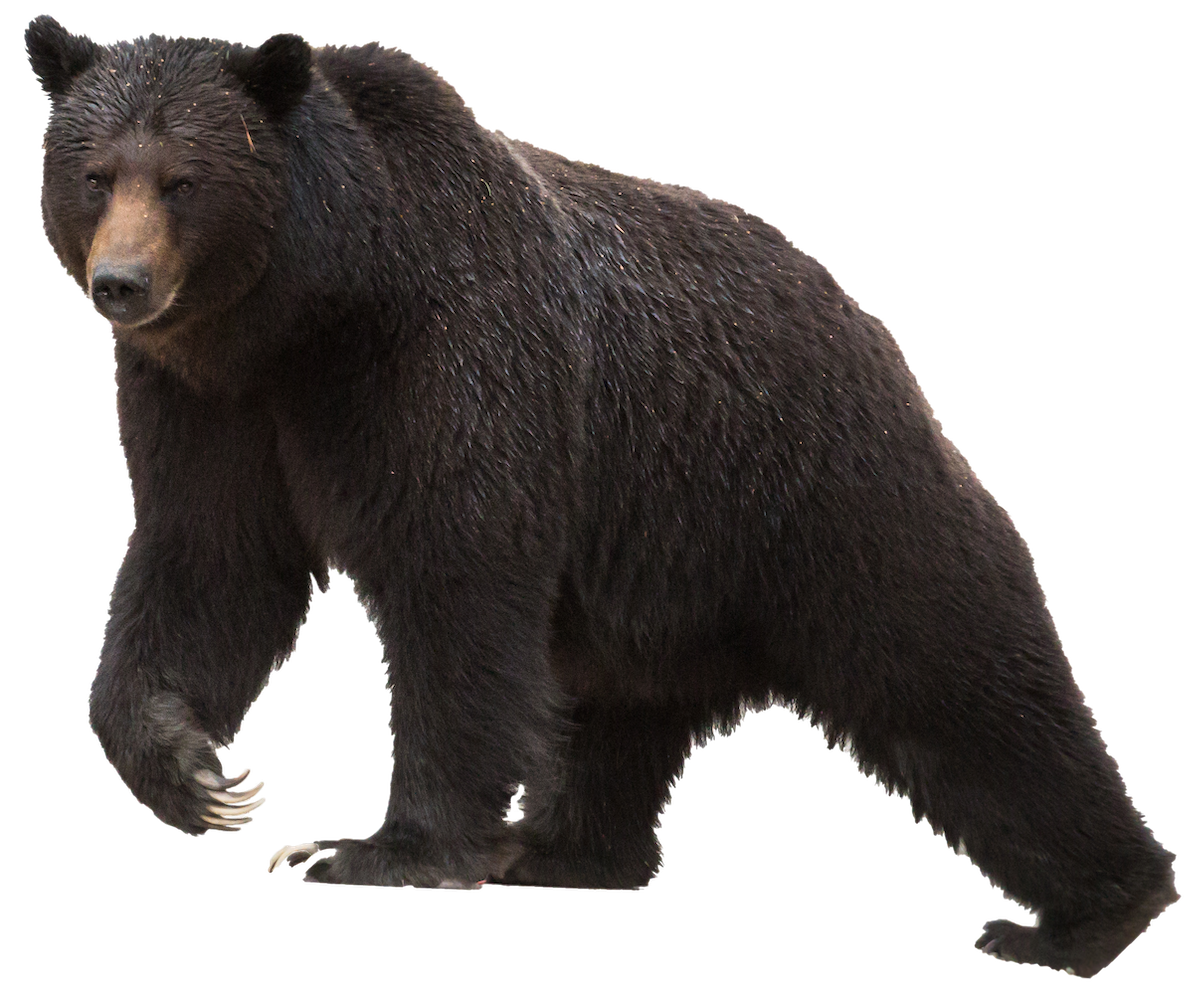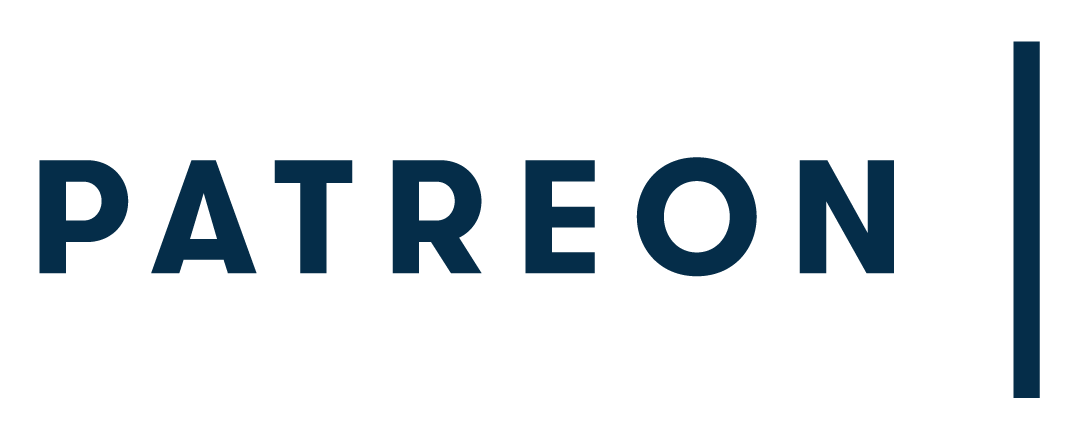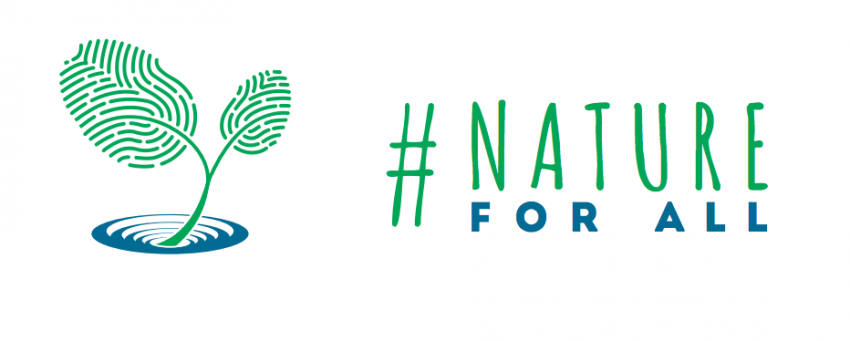Chapter One
The System of Things
Part One
Why does research and storytelling matter?
Continue Chapter One
Hot Takes
Reflection Activity
Part Two
THE FOLLOWING ACTIVITIES WILL HELP YOU BETTER UNDERSTAND THE CONCEPTS YOU NEED TO LEARN IN THIS CLASS. YOUR TEACHER WILL SELECT WHICH ACTIVITIES YOU NEED TO COMPLETE BELOW.
Part Three
HOW DOES THIS CLASS RELATE TO REAL-WORLD ISSUES?
Inquiry Media

Can we save every species?
Featured Hot Take
Are the big, complex systems in our society important? Can they evolve? Absolutely! Just ask Rt. Hon. Kim Campbell, Canada’s first – and so far only – female prime minister.
We’re featuring this podcast across all five Nature Labs subjects. You might not like every course you take in school, but they are all related. By listening to this podcast, hopefully you’ll better understand why.
Further Exploration
Resources From the Curated Library
Additional Resources
Chapters
Trending Now











 Or join us on Patreon!
Or join us on Patreon!






